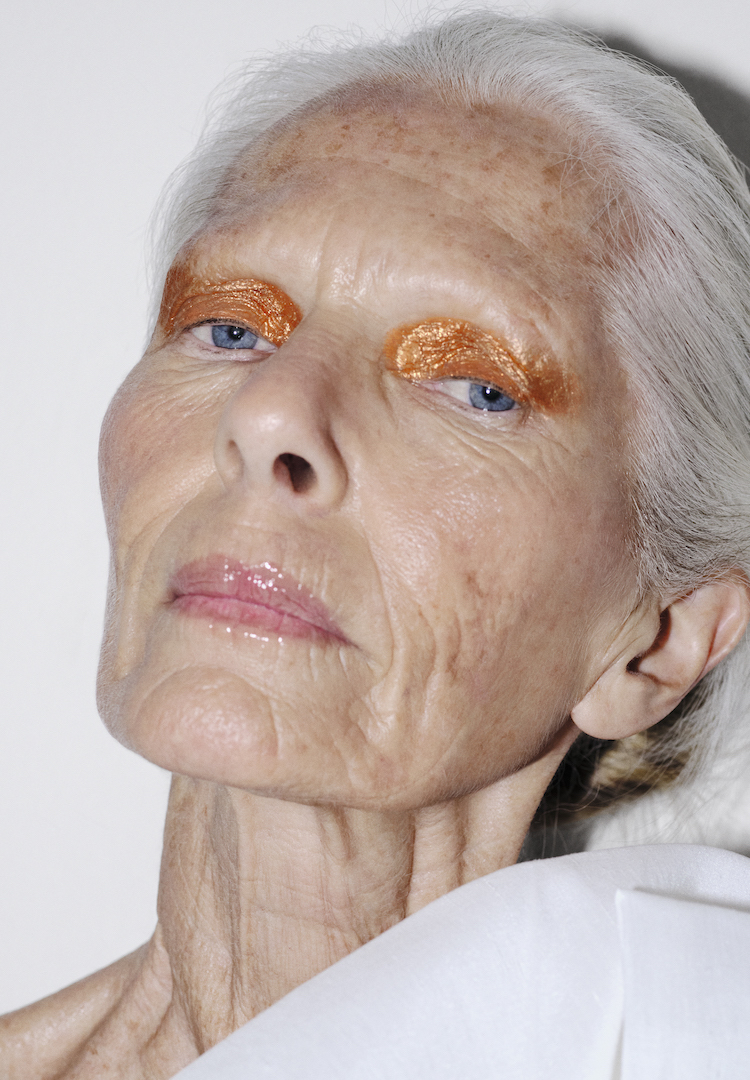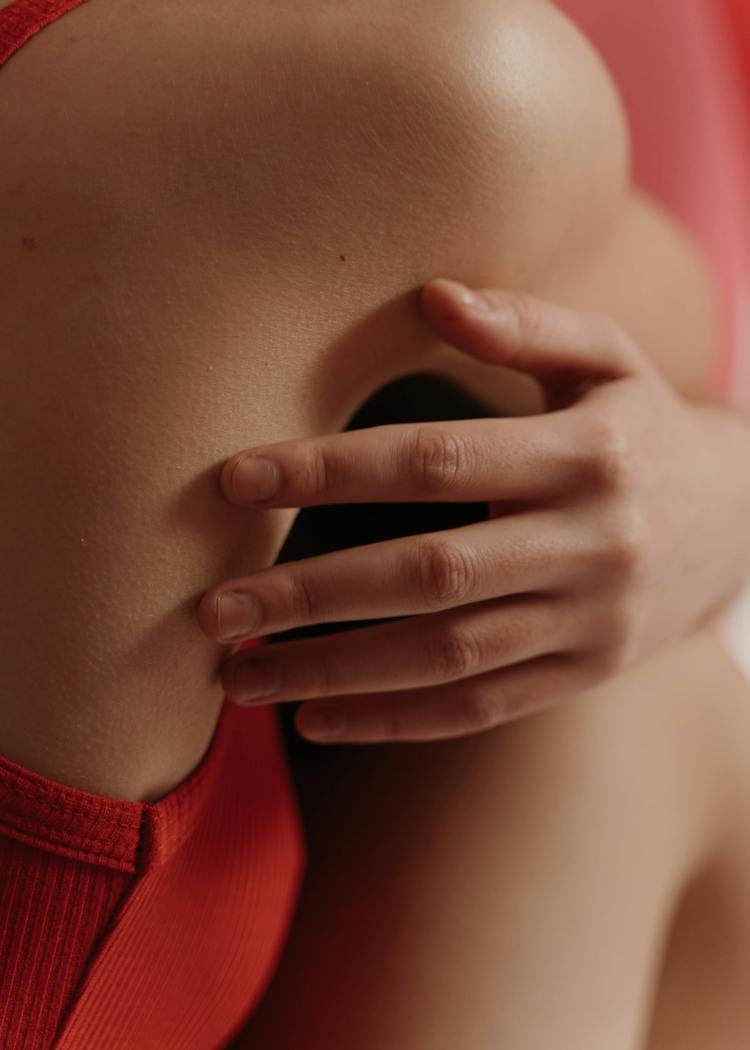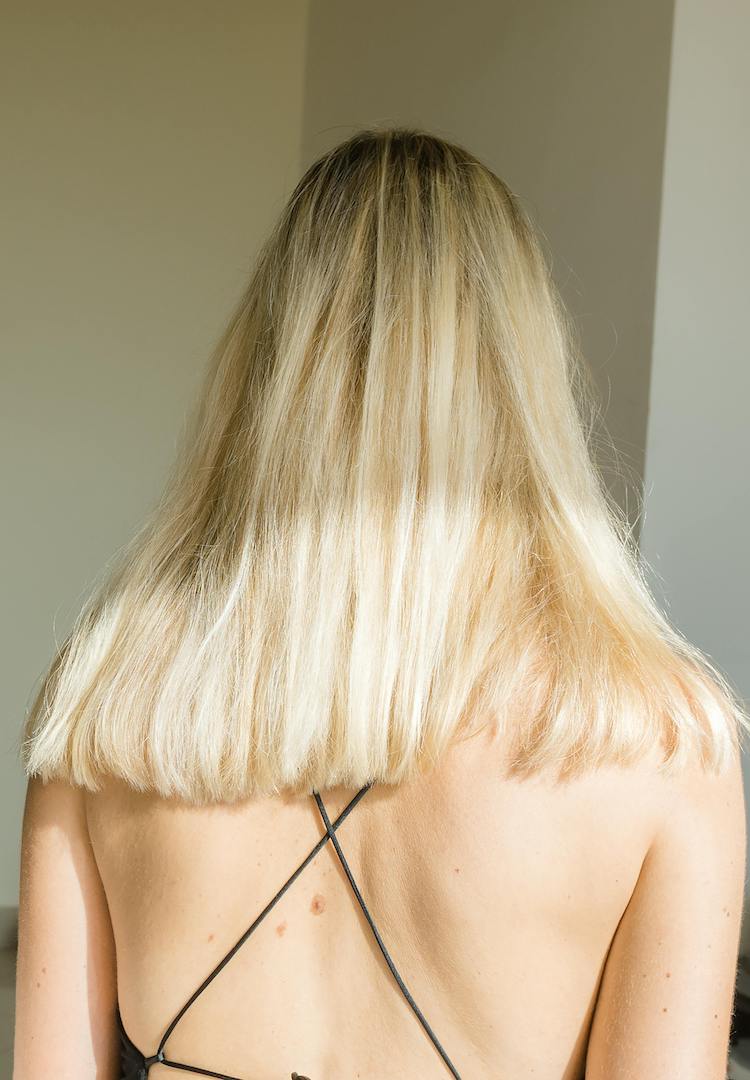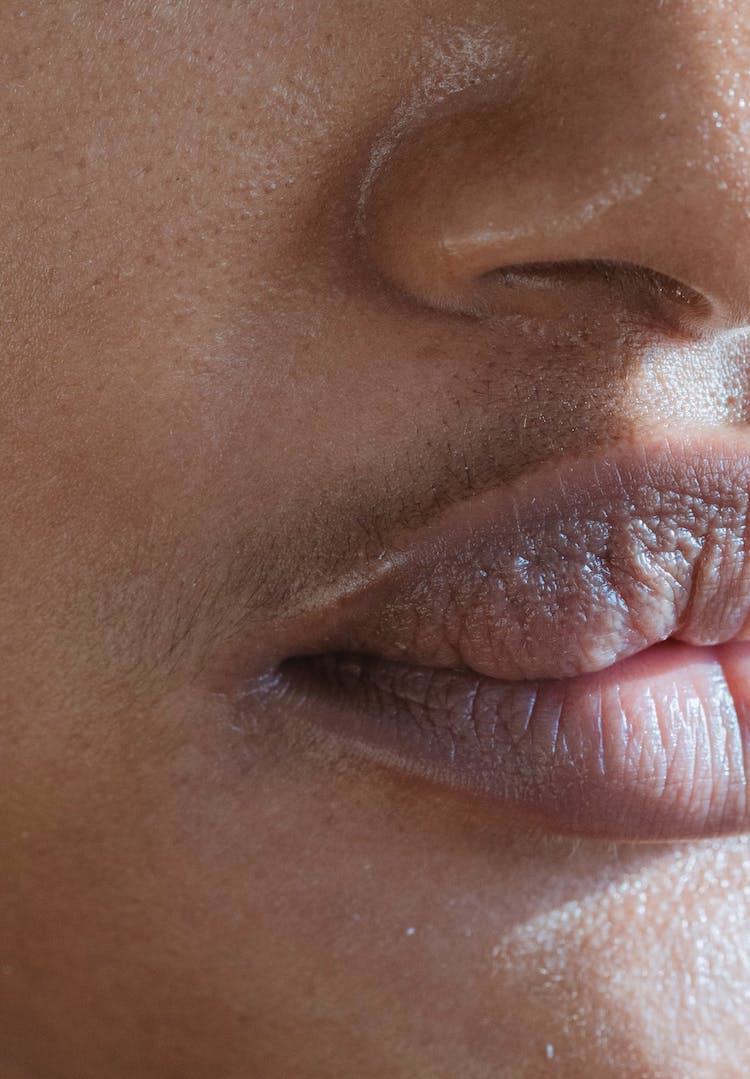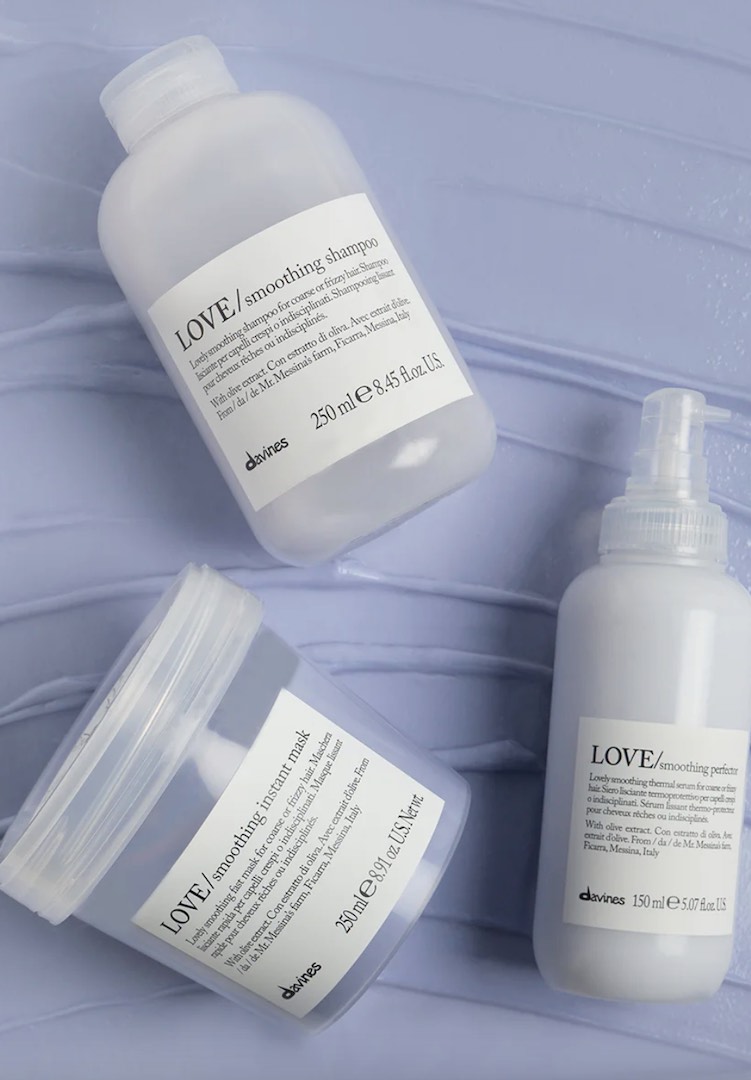Is dry shampoo to blame for my hair loss?
WORDS BY ENYA ROBERTS
What our hair shortcuts are actually costing us.
As an oily-haired person, I constantly find myself scrambling while getting ready to fix my lazy choice of missing a wash. My most faithful weapon during these times has always been dry shampoo – it’s quick, effective, and gives you the added benefit of that fluffy volume. But every time I spray it, I find myself wondering: what is this actually doing to my hair?
We like nosy people. Don’t be shy, head to our Beauty section for more.
The answer, potentially, is hair loss, according to many TikTok and YouTube videos. But the information always seems mixed, with some characterising it as an inevitable side effect of dry shampoo, and others suggesting almost no link with dry shampoo usage. So, to clarify whether there’s actually anything to be worried about, I spoke with Dr Shammi Theesan, the founding dermatologist at Ode Dermatology.
What causes hair loss?
Well, a lot of factors. According to Dr Shammi, “Hair loss can be due to numerous reasons from hormonal changes, stress, genetics and intrinsic aging. In most cases it’s caused by an aberration or shortening of the growth phase”.
So if you’re losing a lot of hair with or without dry shampoo, you may want to do a health check-up in case something else is going on. “You want to make sure that underlying conditions such as thyroid problems, intense stress issues, diabetes – any organic causes – are ruled out for hair loss,” Dr Shammi confirms.
And as to whether dry shampoo could be a factor? Dr Shammi suggests it’s very possible. “Hair loss can also be due to hair fragility [or] shaft changes. So… if you’ve had a keratin treatment, if you’ve had allergic contact dermatitis to hair dyes, if you’ve used the wrong serums or… dry shampoos and the over usage of that. [It can also] be one of the causes to accelerate hair loss.”
Why might dry shampoo be a factor?
The issue really stems from the function of dry shampoo – to leave particles in your hair which soak up the oils. But these oils and other debris aren’t really removed. “It’s more that it is temporarily dissolved,” Dr Shammi says.
She indicates the effects include a potential inflammation of the hair follicle, a lack of nutrients going in, frictional irritation and drying out of the scalp. “And,” she says, “any alteration to your scalp microbiome… can then cause phenomena such as folliculitis, irritation… [and] dandruff.” These changes can then lead to that shortening of the hair growth phase she mentioned earlier, causing or accelerating hair loss.
What can we do about this?
According to Dr Shammi, “nothing beats a proper shampoo and condition”. But if you want to keep using dry shampoo, Dr Shammi suggests using it less frequently. “I would only use [it] as a one-off … no more than once or twice per week, and I wouldn’t use it twice in a row without actually having a proper wash.”
She also suggests being careful when choosing the dry shampoo you purchase. “Look for something with minimal parabens, talc, propylene glycol, alcohol… in a way, more natural ingredients.” And if you want an alternative to dry shampoo, Dr Shammi says a boar brush might work as an alternative. “[It’ll] shift the sebum and debris down [from] your hair shaft, making your ends look shinier, [and] the scalp itself not as oily looking.”
Additionally, Dr Shammi advises staying on top of your overall hair care and hygiene. “Look into moisturising the scalp with some natural oils such as almond oil or argan oil to build up the scalp microbiome… I [also] wouldn’t be brushing wet hair vigorously because your hair shafts are more porous and weaker when wet.”
Dr Shammi also encourages staying on top of washes. “I would look at shampooing and conditioning my hair at least two to three times a week. How you sleep with your hair is [also] important if you’ve got long hair, tying it up to the side with a silk scrunchie.”
And finally, keep referring back to your overall health. “Once again, hair health is something that has to be worked on internally,” she says. “[Do] you have good gut health? Are you taking your micronutrients? Are you taking the occasional collagen supplement? How’s your vitamin D? So looking at hair from the outside, but really nursing it from the inside [is] key.”
For more on Dr Shammi and her treatment of hair loss, head here.

